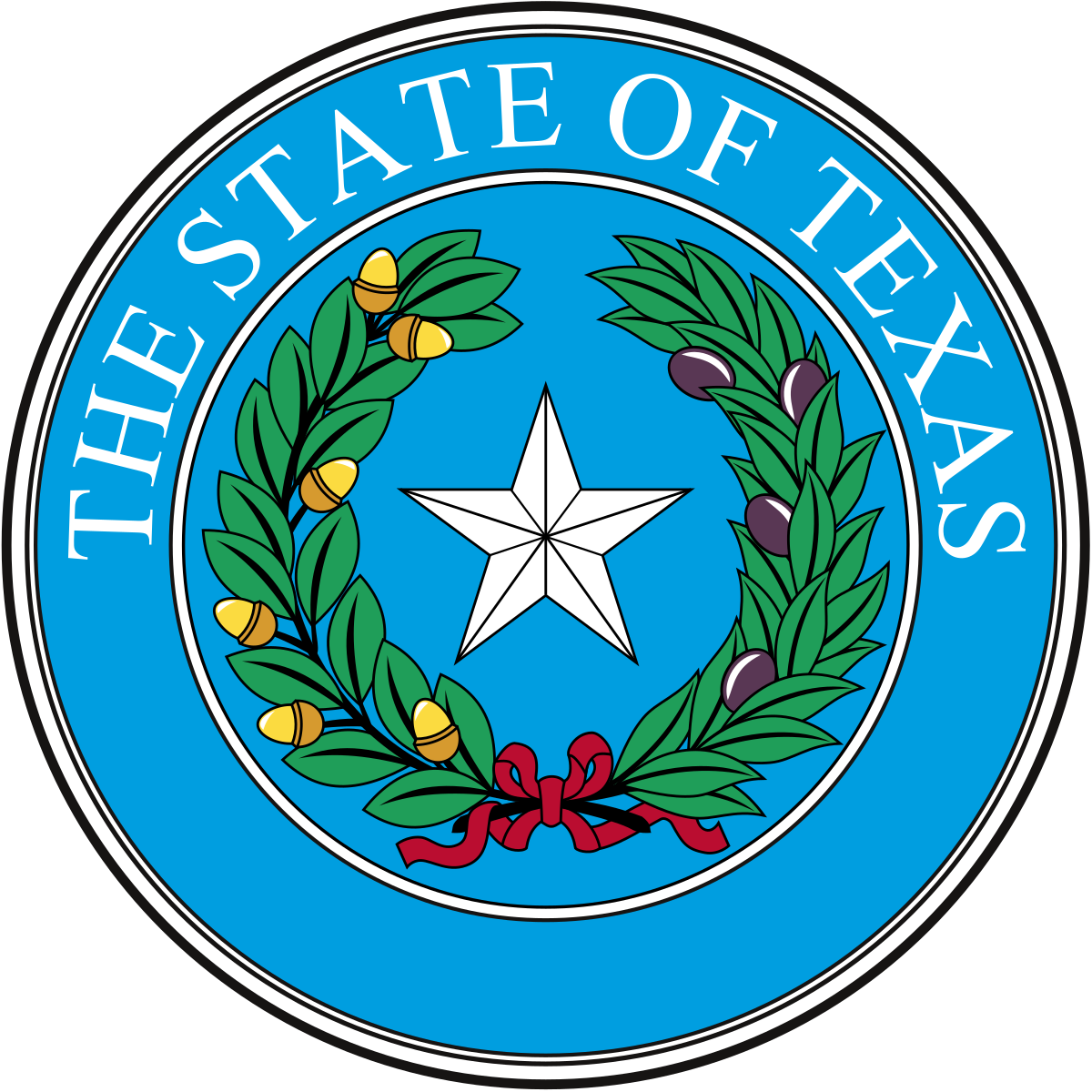Insurance Blog 2/28/14
Three important reminders to help you fully cover your property.
No one wants to make the mistake of being underinsured, watching bills and financial headaches mount after something goes wrong. A standard homeowners insurance policy includes four essential types of coverage: Homeowners Insurance Coverage for the structure of your home, coverage for your personal belongings, liability protection, and additional living expenses in the event you are temporarily unable to live in your home because of a fire or other insured disaster.
Homeowners hoping to cut costs should shop around for the best plan, but not trim essentials needs. When buying a plan for your home, be sure to keep in mind:
1. Don’t choose Homeowners Insurance on price alone!
You want to choose a company with a quality reputation and great customer service. If you have a claim, you need to be able to get through, get answers and get resolutions!
Also remember that the cheapest policy may not be the best policy. What may cost less up front, could cost you more in the long run. You need to make sure your policy covers the replacement cost of your home and its belongings, not simply the cash value. For example, if your roof suffers structural damage in a storm, you don’t want a policy that will only pay you for the depreciated cost of that roof when replacing it will cost you thousands more
2. Homeowners Insure for the replacement value not the real estate value.
The current real estate value of your home may be different from the cost of rebuilding it altogether, but if your home is wiped out in a natural disaster you need to have enough insurance cash to rebuild and re-purchase your destroyed furniture and other belongings.
If you’re looking for a lower policy this is not the area to trim. Instead consider a higher deductible to reduce premium payments.
3.Don’t forget about flood insurance and other extras.
One of the largest mistakes that homeowners make is assuming that their policy covers their home and belongings in the event of every potential risk such as a flood. A prudent homeowner will know what natural catastrophes are common in their location and make sure they are adequately covered. But no matter what, don’t forget the flood insurance! This is almost always a separate policy but even homes in low risk zones can see flood damage. The Insurance Information Institute explains, “Consider buying a flood insurance policy if your house could be flooded by melting snow, an overflowing creek or pond or water running down a steep hill.” And don’t wait for a flood season warning to buy a policy – there is often a waiting period before the policy goes into effect.
So what are you waiting on call Ed for Homeowners Insurance!




